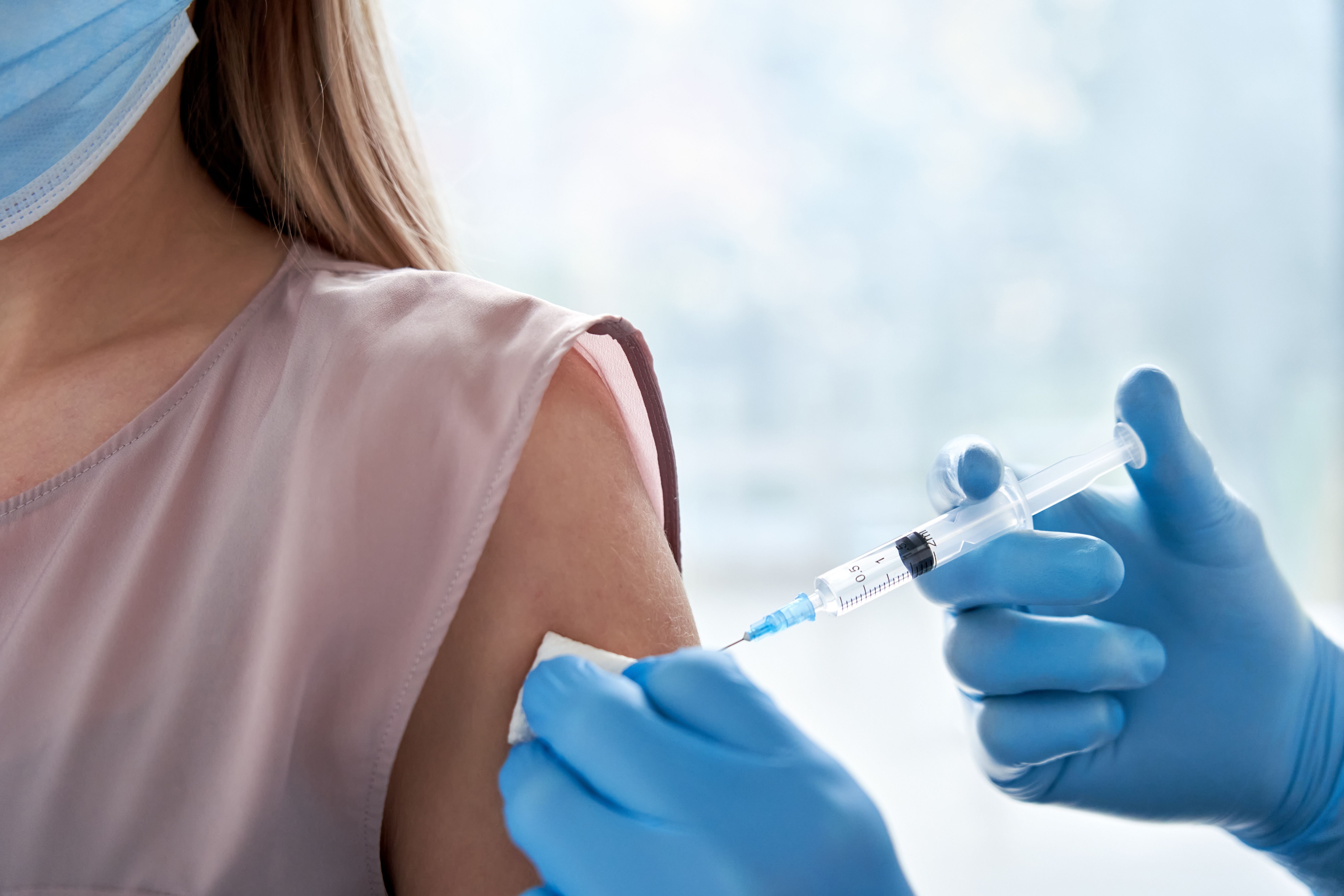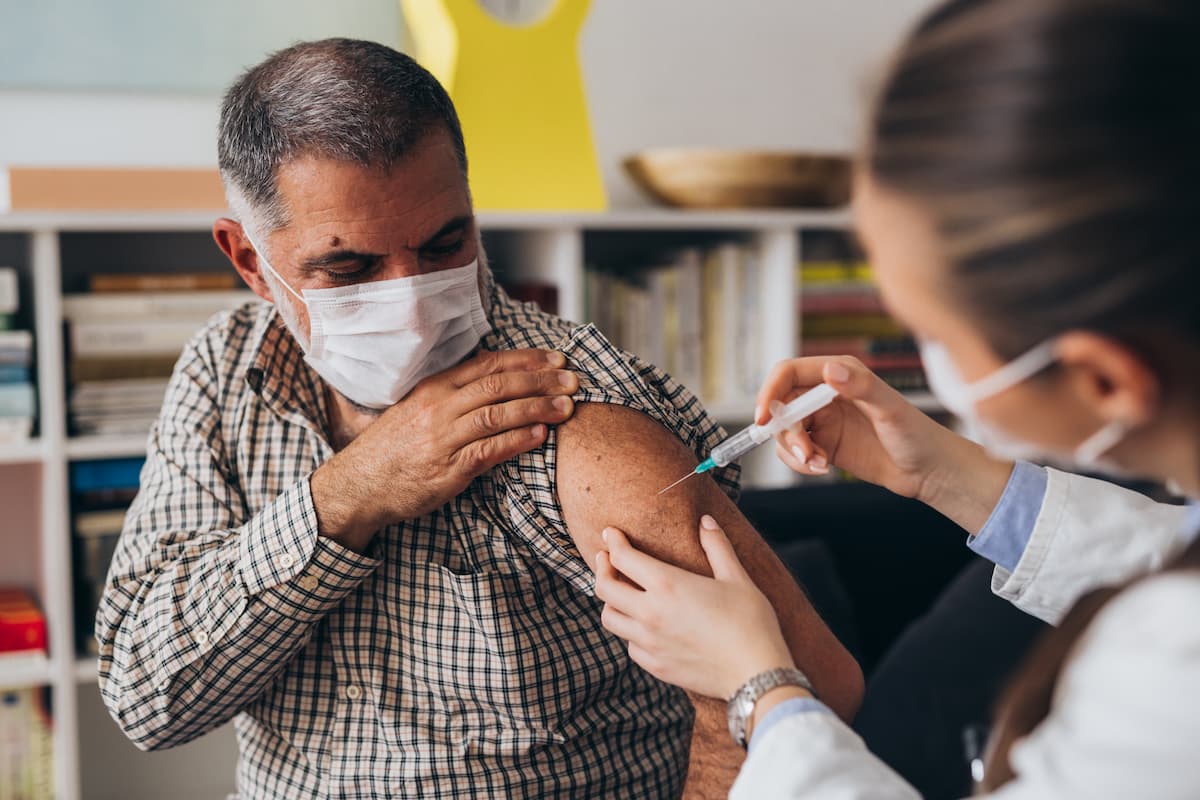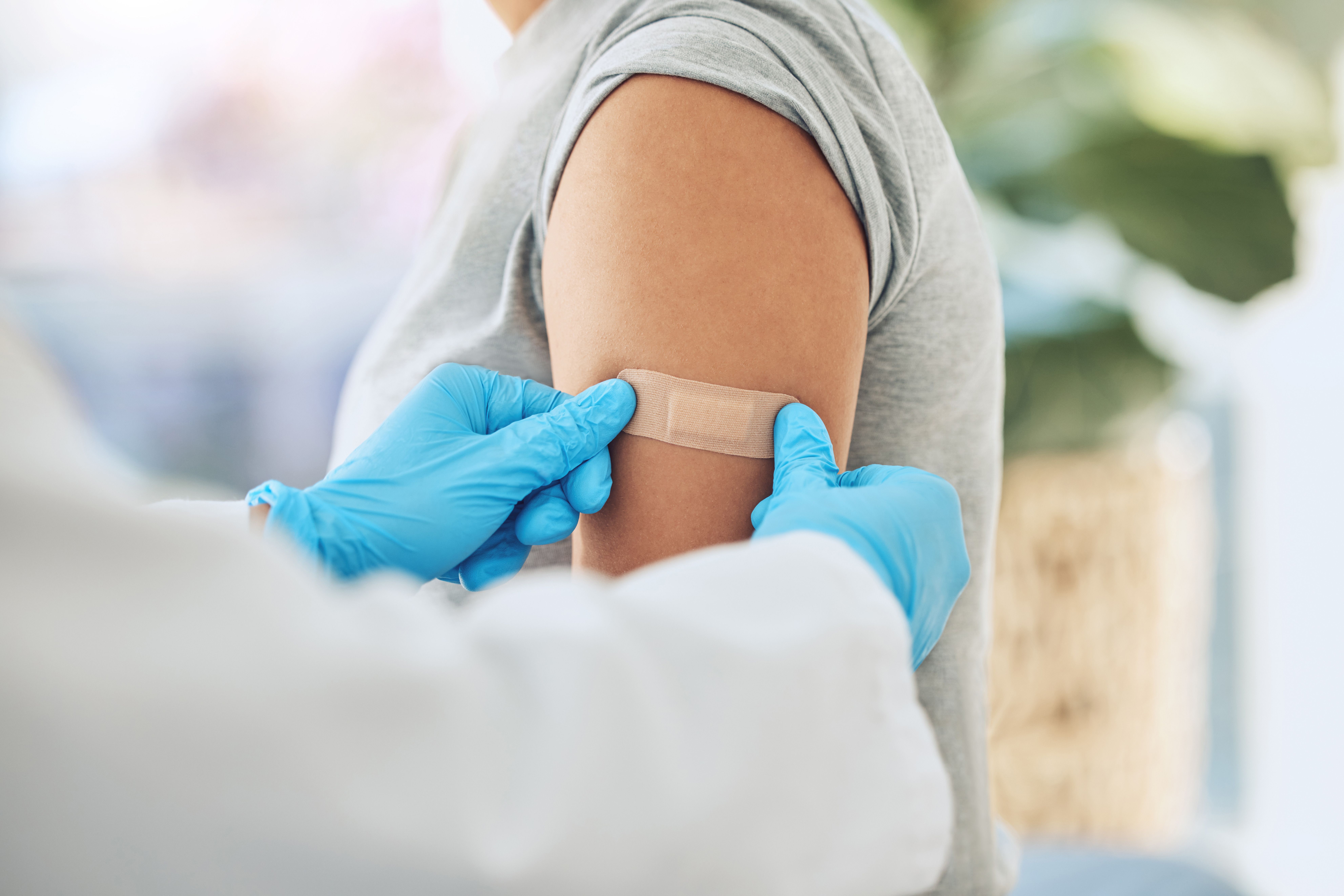News
Article
Researchers Find Similar Immune Response in Half-Dose COVID-19 Vaccine as Full-Dose
Author(s):
Fractional COVID-19 dosing resulted in fewer adverse effects and costs while producing similar immune responses compared to a full dose vaccine.
In a study conducted by Murdoch Children’s Research Institute (MCRI) and the National Centre for Communicable Diseases in Mongolia, researchers found that decreasing the dose of widely used COVID-19 booster vaccines produced a similar immune response in adults to a full dose, with fewer adverse effects.
Image credit: Insta_photos | stock.adobe.com

“Fractional dosing may improve COVID-19 booster acceptability and uptake and reduce the per-dose cost of COVID-19 booster programs,” said Kim Mulholland, MD, MBBS, FRACP, a professor and member of the World Health Organzation Strategic Advisory Group of Experts on Immunizations (SAGE) Committee, in a press release. “Policymakers and immunization advisory committees can draw upon this data to make flexible boosting schedules decisions.”
The researchers noted that the study was involved with an international clinical trial that aimed to evaluate the different COVID-19 booster shots that are available to aid future vaccination plans.
The first round of the study included 601 individuals aged 18 years and older who resided in Mongolia. Initial responses were reported 28 days prior to receiving the vaccine. The results found that a fractional dose of a Pfizer booster vaccine prompted an immune response that was non-inferior to a full dose of AstraZeneca or Sinopharm, in individuals that previously received the shot. The individuals also reported fewer side effects and it made the immunization less expensive.
The researchers also found that the half-dose could be less effective among individuals that received the Sputnik V COVID-19 immunization.
The study authors also found that 60% of individuals who received the half-dose vaccination reported fewer local reactions and less pain and tenderness, compared to 72% of those who received the full dose. A decrease in systemic reactions was also reported among 25% of individuals that received the half-dose, compared to 35% that received the full dose. The individuals who received the half dose had fewer fevers as well as less vomiting, diarrhea and headaches.
The study authors added that the individuals will be included in a 6-to-12-month follow-up to assess other immune responses.
“This CEPI-funded study has generated valuable data about combinations of vaccines that have been widely distributed through COVAX, which will help to inform future booster strategies in countries in the global south. Fractional dosing can contribute to equitable access by making vaccination more acceptable and less costly,” said Melanie Saville, MD, Executive Director of R&D at CEPI.
Reference
Fractional COVID-19 booster vaccines produce similar immune response as full-doses. EurekAlert!. News release. November 23, 2023. Accessed December 11, 2023. https://www.eurekalert.org/news-releases/1008853.
Newsletter
Stay informed on drug updates, treatment guidelines, and pharmacy practice trends—subscribe to Pharmacy Times for weekly clinical insights.






